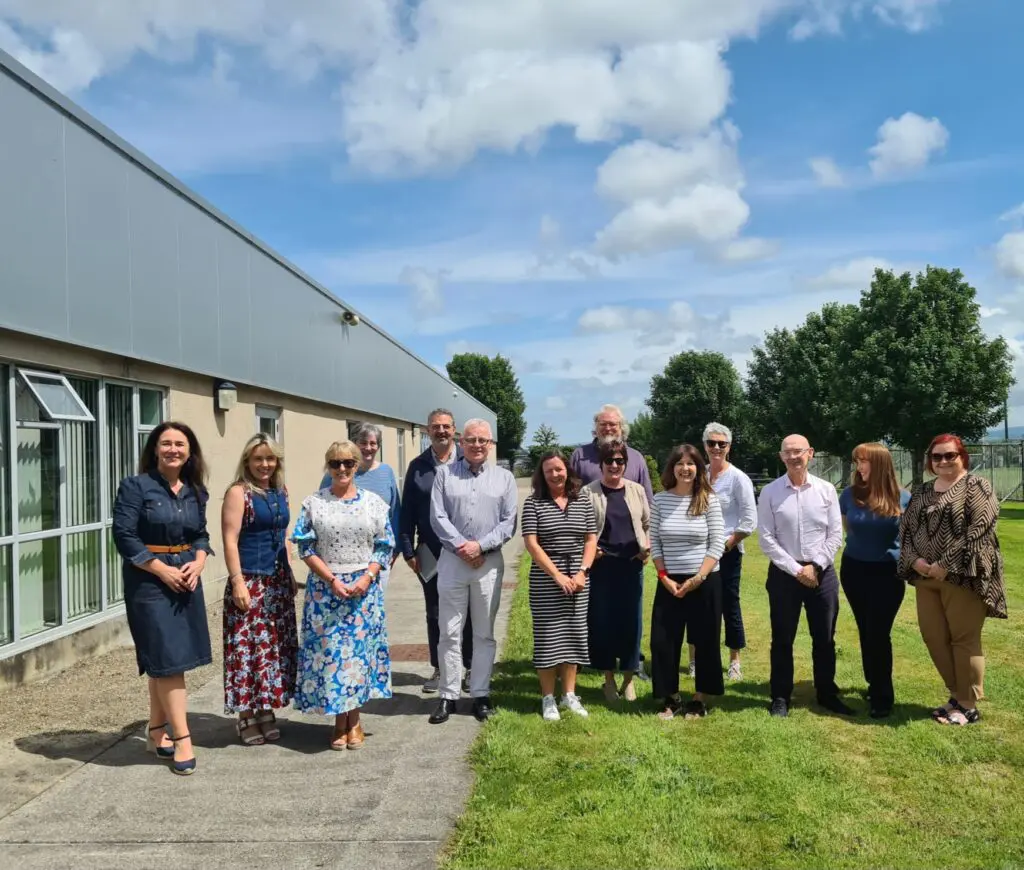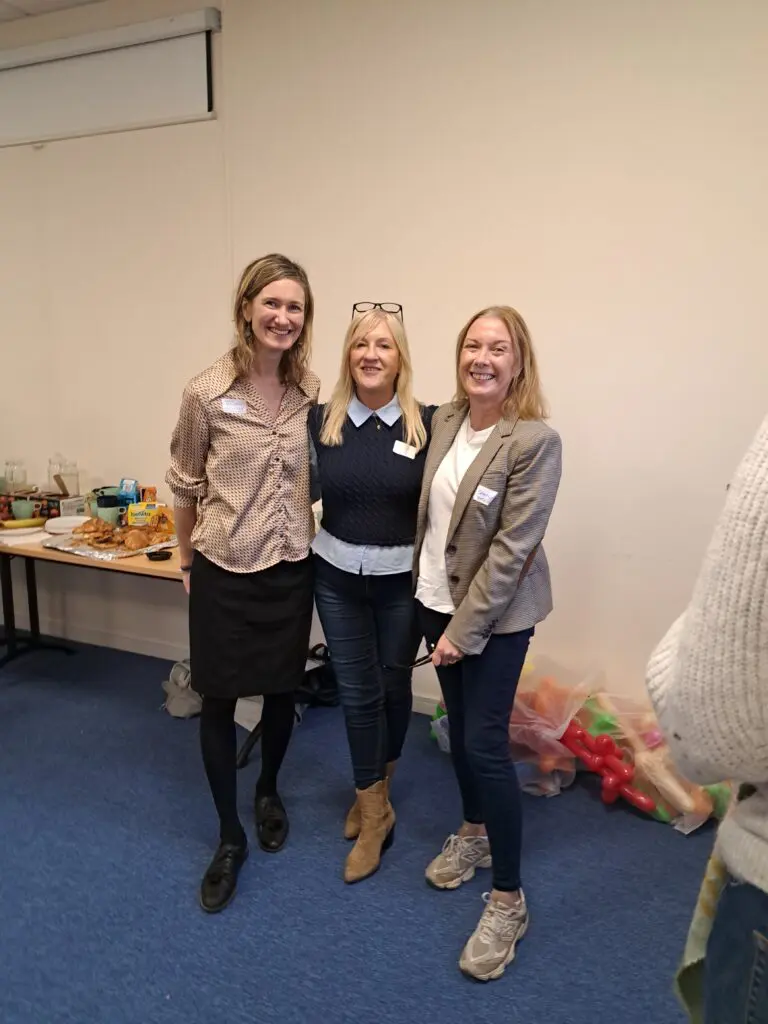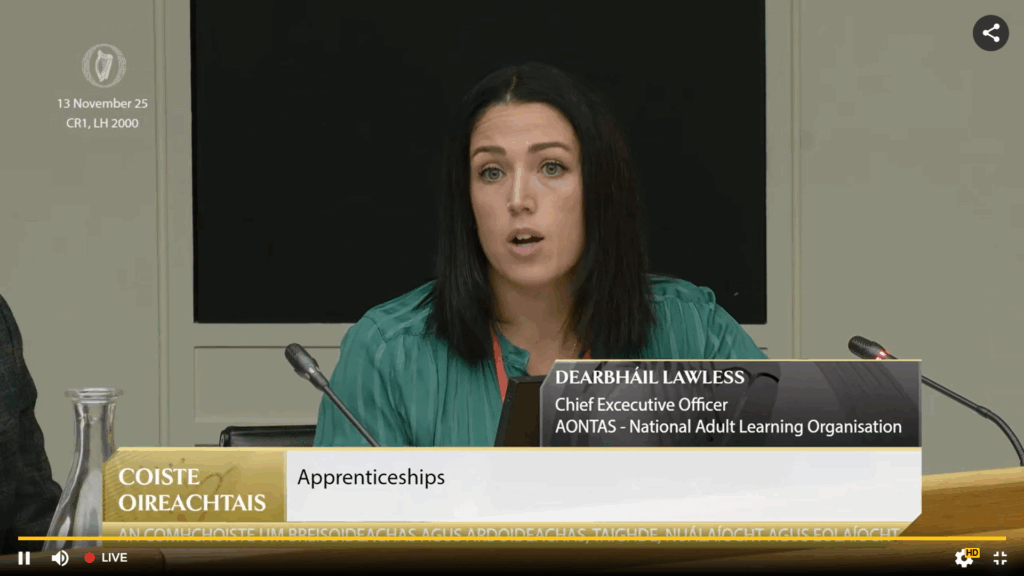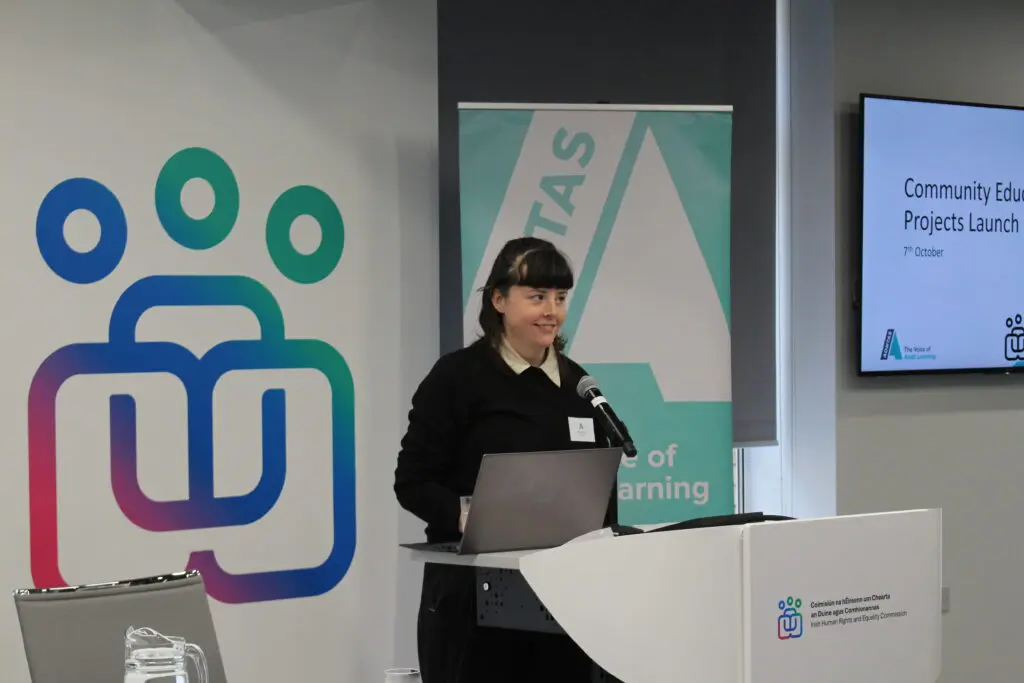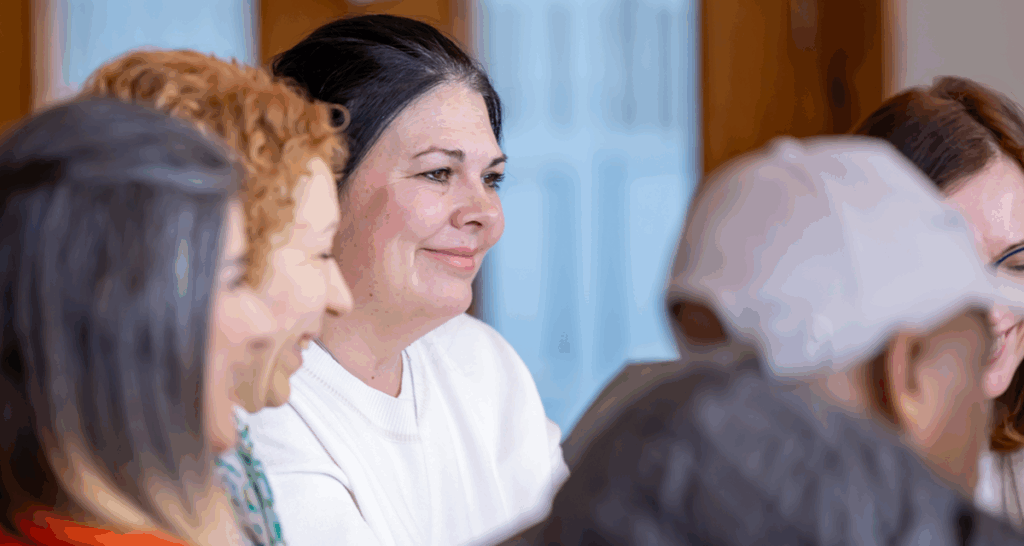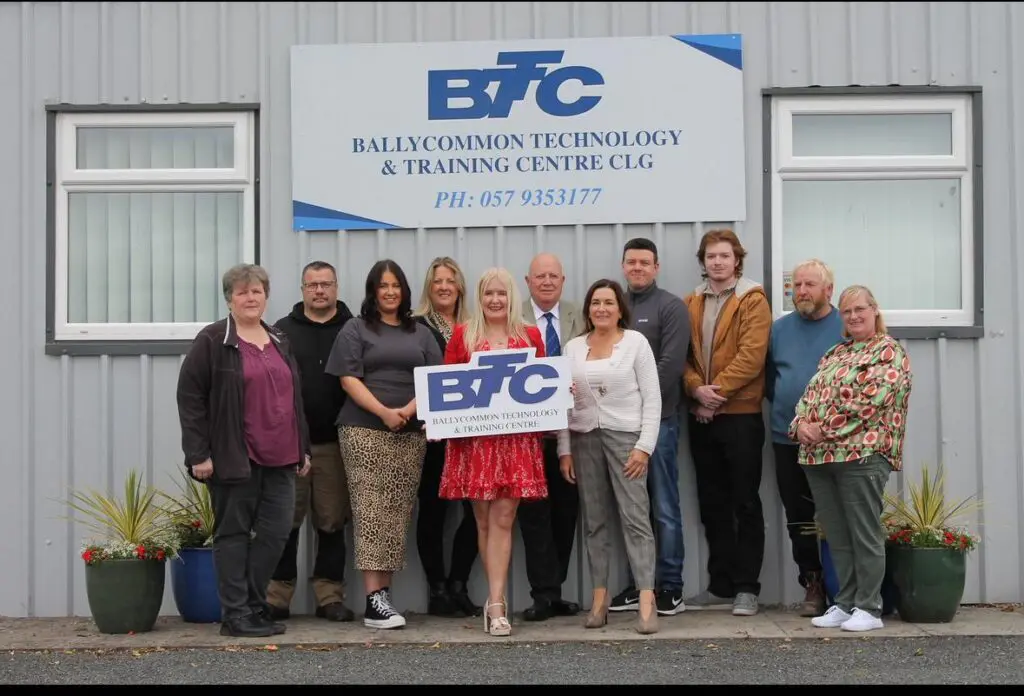The Black Lives Matter movement and Anti-Racism: What does it mean and what can I do?
On Thursday, 20th August, AONTAS and EPALE came together to host an online workshop on why Black Lives Matter still matters, and why it matters in Ireland in 2020. The workshop was led by Rosemary Kunene, a former resident of direct provision and now the CEO of Dignity Partnership (DiP) in Portlaoise, a social enterprise that provides self-employment support for people who are or have been in the direct provision system in Ireland.
Rosemary addressed many of questions that have emerged in the wake of the recent killing of George Floyd. Floyd’s killing was a shocking reminder that many Black people are still unsafe in their communities, and left a lot of people asking
- How can I support the Black Lives Matter movement? and more generally
- What can I do about racism in my country?
The principles of equality and inclusion are key to adult education provision. After the killing of George Floyd, there were widespread calls to defund the police and a renewed focus on the daily inequalities faced by Black people, not just in the United States but around the world. The adult education community in Ireland is researching and implementing concrete and effective ways to help fight racism to help create an Ireland that is welcoming, inclusive and safe for all.
Rosemary addressed many of these concerns by teaching us about the history of colonialism and racism and offering practical suggestions for how to use this knowledge to counteract racism in our communities.
“All Lives Matter”?
Critics of the Black Lives Matter movement have countered with the “All Lives Matter” slogan. As Rosemary pointed out, however, no-one in the Black Lives Matter is disputing that all lives matter. What the movement hopes to achieve is highlighting the specific injustices, violence, and danger that black people experience just because they are Black. Black people, for example, are three times more likely to be killed at the hands of the police than white people. Rosemary shared the following quote by Trevor Noah, an award winning comedian from South Africa and host of The Daily Show:
“Black people are asking for equality, not charity.
They’re not asking companies to hire Black people just because they’re black. They’re asking companies to stop not hiring Black people just because they’re black.”
The presentation covered some disturbing historical instances of organised violence and brutality against Black people. Many participants noted that they found this upsetting, with some sharing that they had been unaware of this part of colonial history. Yet, this was an important learning moment as this showed us that the racism and violence experienced by Black people today has a legacy. The material was challenging, but it raised our collective awareness of the historical portrayal of Black people as inferior to white people that is still used to justify violence today.
Racism in Ireland
Rosemary expanded on her points by sharing with us that racism in Ireland is not just experienced by Black people. Some of the stats she shared included the fact that:
- 35% of Irish people avoid Travellers
- 14% avoid asylum seekers
- 3% avoid Chinese people
- 82% won’t rent to Travellers
Participant feedback
“This is something that’s difficult for a lot of people to really look at because it really does mean dismantling the way that a lot of us think and have been taught to think and have known for our entire lives.”
“There is so many resources… that at this stage in 2020 there is no-one that can still claim or want to hold onto ignorance.”
What can we do to fight racism?
Rosemary summarised some of the key ways we can fight racism in our own communities. These include:
- Having conversations about racism
- Educating our children using the many free anti-racism resources online
- Examining our own biases
- Reporting any racist incident to the Gardaí at iReport.ie
Participants were asked to complete a survey on their experience of the workshop. 100% of participants surveyed said that they will take further action on racism as a result of taking part in the workshop. One participant stated that
“It was excellent! I learnt a lot from Rosemary’s presentation and it made me think of so many times I caught myself on my own bias.”

Have you engaged with the Black Lives Matter movement? What have you learned or what would you like to learn about anti-racism? Tweet at us
This event was organised as part of the Adult and Community Education: Supported Learner Pathways 2020-2021 project under the European Agenda for Adult Learning. This is funded by SOLAS and the European Commission.
Further reading on the AONTAS Blog
What role does Adult and Community Education play in the process of anti-racism?
Racism in Ireland is something which AONTAS members recognise needs to be addressed.
Upcoming Racial Justice training for members
AONTAS is committed to supporting our members around anti-racism work. In collaboration with City of Dublin ETB, AONTAS is planning training for members titled: Racial Justice and Community Education – Awareness, Reflection and Practice
The aim of the training is to start a reflective journey over three weeks that focuses on how adult and community educators can:
- Think critically about racial justice
- Reflect on practice as community educators
- Explore diverse engagement strategies
- Connect with values of inclusion and social justice to create a socially inclusive and responsive learning environment
Numbers for this training are limited. To find out more information please contact Sam O’Brien Olinger, AONTAS Information and Policy Officer at: sobrienolinger@aontas.com
AONTAS will keep you up to date on future activities planned.

